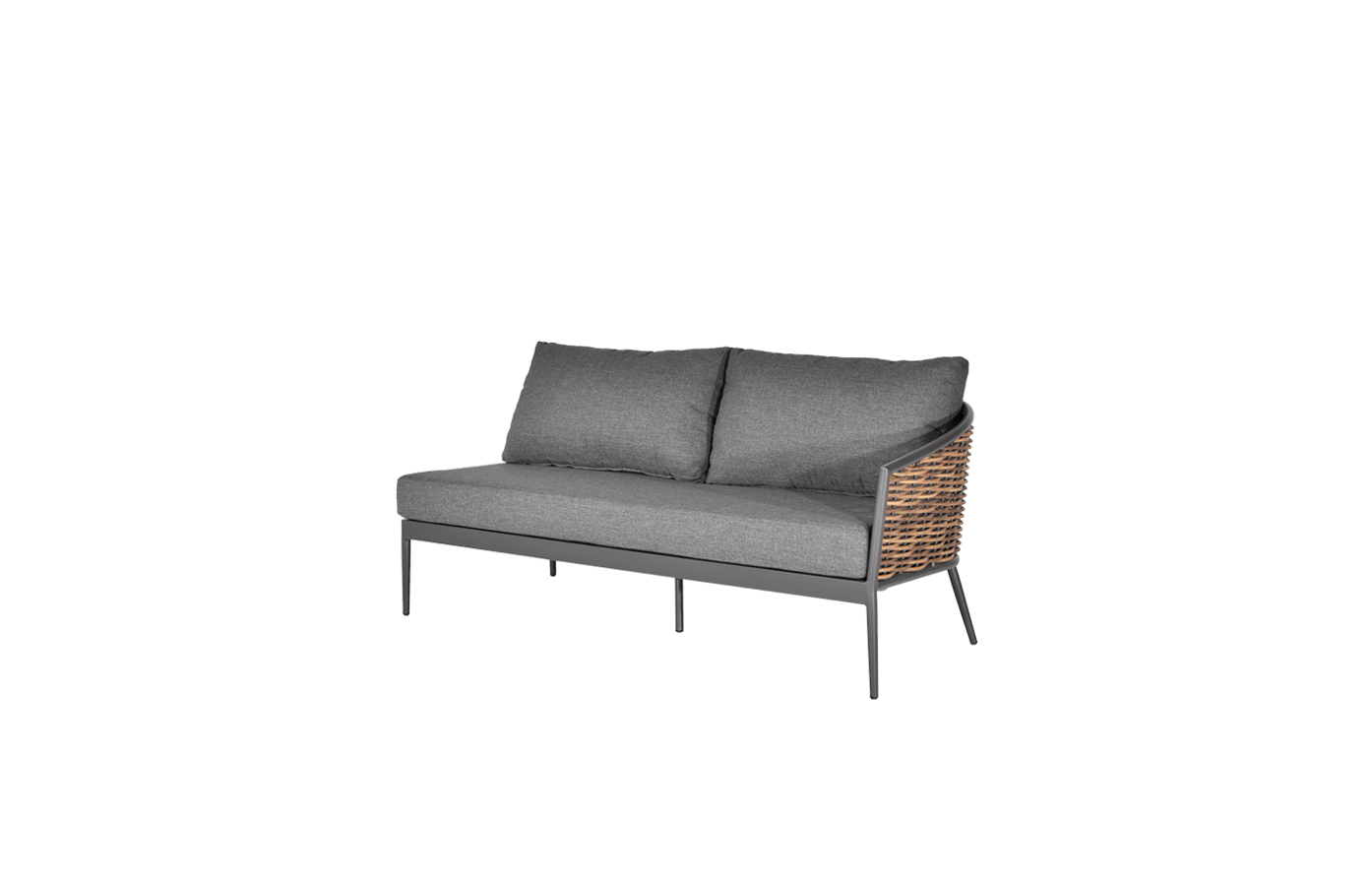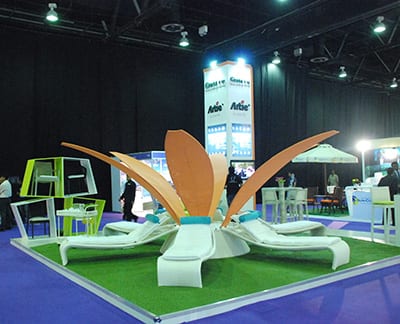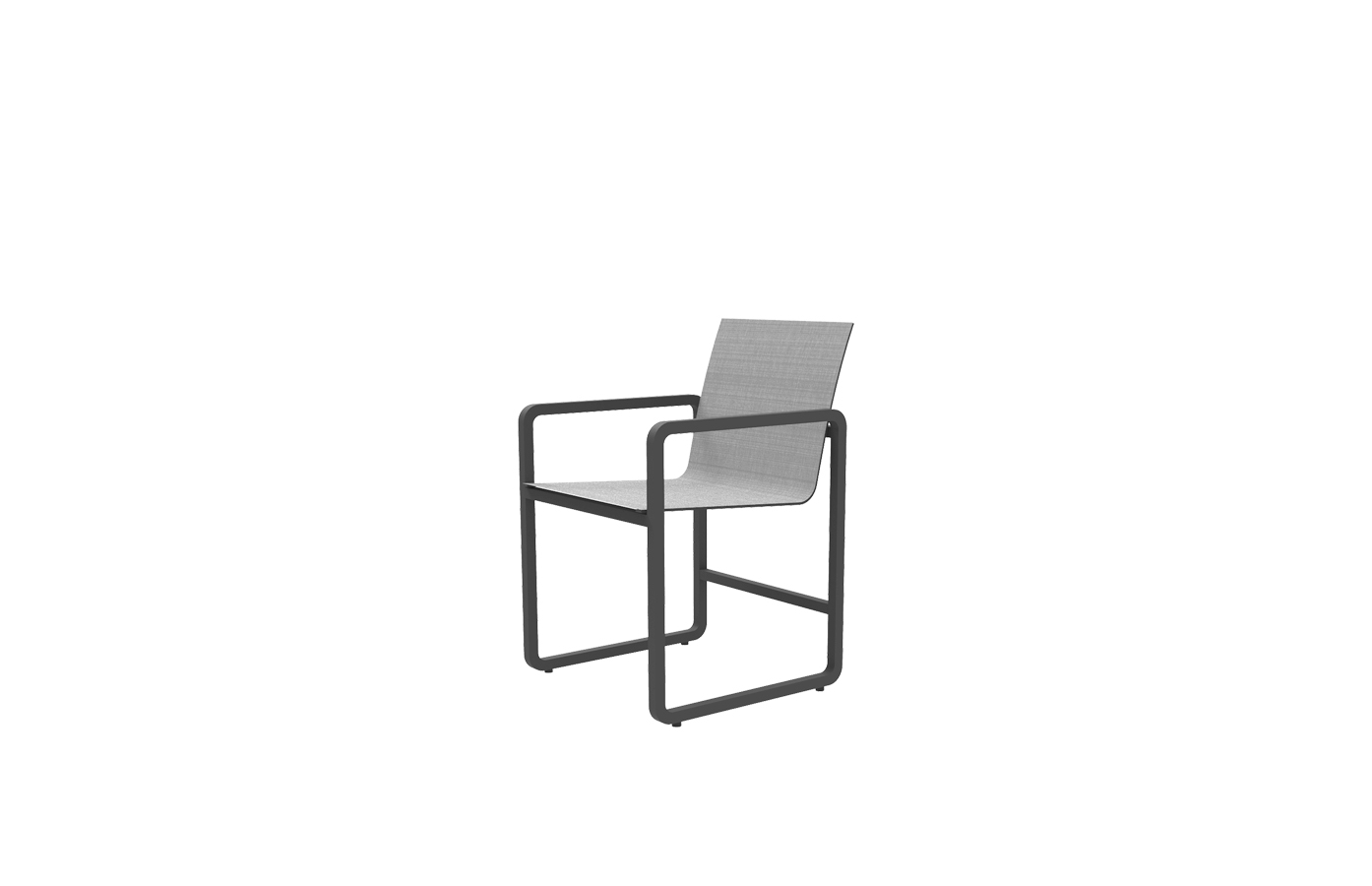
The Evolution of Modern Furniture: From Minimalism to Functionalism
Modern furniture has undergone a significant transformation over the years, moving away from traditional styles to embrace a more contemporary and functional approach. This shift is a reflection of changing lifestyle preferences and the need for furniture that is not only aesthetically pleasing but also practical and versatile.
One of the key elements of modern furniture is its focus on minimalism. This design philosophy emphasizes simplicity and clean lines, eschewing ornate detailing and excessive decoration. The goal is to create a sense of space and lightness in the room, allowing the furniture to blend seamlessly with its surroundings. This minimalist approach is especially popular in small apartments and urban spaces where every inch of floor space matters.
In addition to minimalism, modern furniture also places a strong emphasis on functionality. Furniture designers are constantly looking for ways to make their creations more versatile and multipurpose, catering to the needs of modern living. This has led to the development of innovative pieces such as sofa beds, storage ottomans, and modular shelving systems that can be customized to suit different spaces and requirements.
Another key aspect of modern furniture is the use of innovative materials and manufacturing techniques. While traditional furniture was often made from wood, modern designers have embraced a wide range of materials including glass, metal, and plastic. These materials offer a greater scope for creativity and experimentation, leading to the creation of furniture that is durable, lightweight, and visually striking.

The Evolution of Modern Furniture: From Minimalism to Functionalism
One of the most iconic pieces of modern furniture is the Eames Lounge Chair, designed by Charles and Ray Eames in the 1950s. This timeless piece combines comfort, style, and functionality, with its sleek lines and ergonomic design setting a new standard for modern seating. The Eames Lounge Chair remains a popular choice for homeowners and interior designers looking to add a touch of sophistication to their living spaces.

The Evolution of Modern Furniture: From Minimalism to Functionalism
The advent of technology has also had a significant impact on modern furniture design. Smart furniture, equipped with features such as built-in speakers, wireless charging pads, and adjustable lighting, is becoming increasingly popular among tech-savvy consumers. These futuristic pieces cater to the needs of a digitally connected lifestyle, offering convenience and connectivity in equal measures.
In conclusion, modern furniture represents a departure from traditional design principles, embracing minimalism, functionality, and innovation. With an emphasis on clean lines, versatile materials, and smart technology, modern furniture is reshaping the way we live and interact with our surroundings. Whether you prefer the timeless elegance of the Eames Lounge Chair or the cutting-edge features of smart furniture, there is a modern piece out there to suit your taste and lifestyle. Balcony Wicker Furniture
